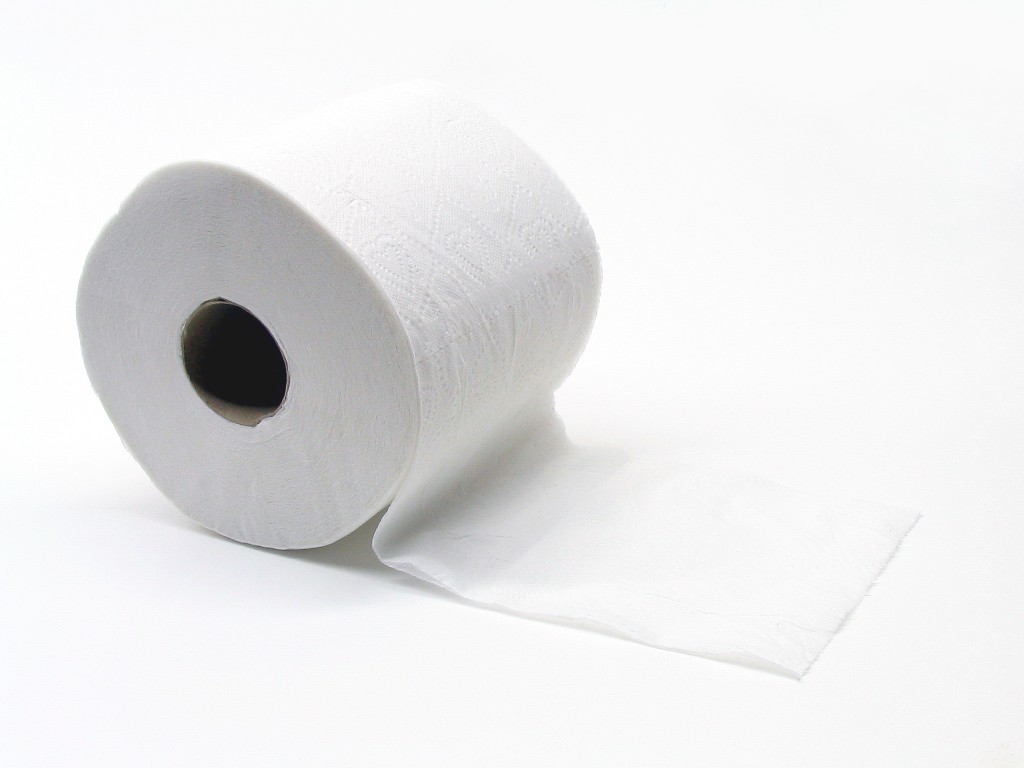Dr Bamidele Iwalokun, a medical researcher, on Thursday condemned the use of tissue papers as sanitary pads by women, saying it could lead to severe health complications.
Iwalokun, who is the Head, Immunology and Vaccinology Research Department, Nigerian Institute of Medical Research (NIMR), Yaba, made the call in an interview with the News Agency of Nigeria (NAN) in Lagos.
He said that some tissue papers were products of waste paper, and such tissue papers were not hygienic for draining blood during menstruation.
The habit of using tissue paper in form of sanitary pads is a poor hygiene practice on the part of any woman.
Because no health policy has supported the use of tissue paper as sanitary pad, so its a bad behavior and should not be adopted health wise.
It doesnt have any credibility of use. This should be a way of informing women that it carries a serious public health risk.
The practice places such women at risk of having infection which may pass through the vagina cavity and enter the blood stream, thereby having a serious health impact, Iwalokun said.
The researcher said that the use of tissue paper during menstruation could affect the reproductive organs that could lead to other complications in life.
Sometimes it may be chronic infections that may not give serious symptoms to warrant going to the hospital, but it is indirectly damaging the reproductive system or that pathway.
One of them is the Pelvic Inflammatory Disease (PID), many women do not know they have PID until when issues of infertility comes up and untreated PID is a major cause of infertility.
It also depends on the pathogens that are coming from such paper, so it is important to identify the types of pathogen that are isolated from such tissue papers.
There must be quality study that will show the various types of pathogens, in order to identify the type of damage it can cause.
However, women should abstain from the practice of using tissue paper as sanitary pads, in order to avoid such health complications.
Women should always adopt a proper hygiene at all times, especially during the monthly menstrual period, he said.
Credit: Pulse
